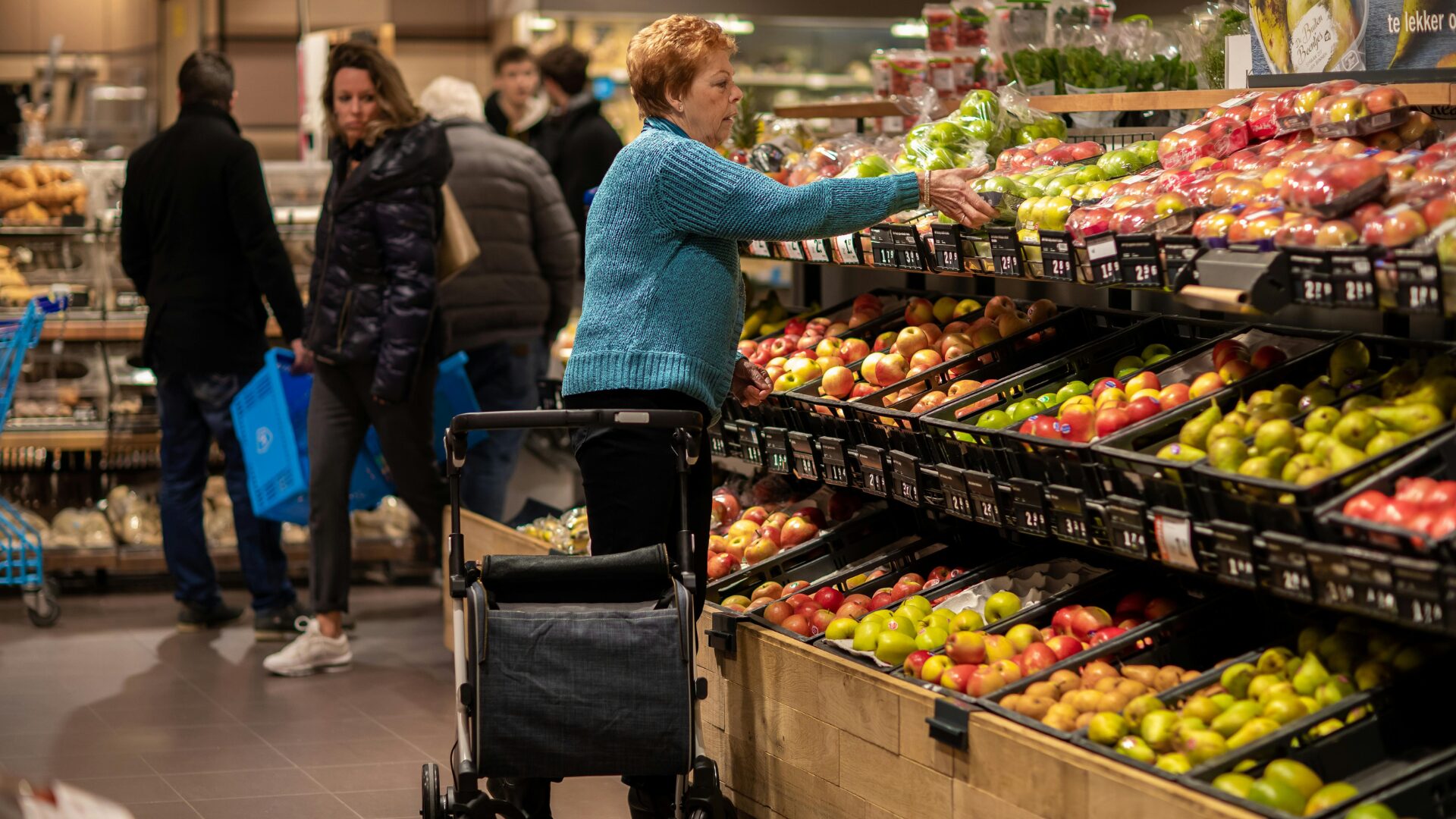A new report shows logistics companies accelerated hiring in January.
Trucking, parcel-delivery and warehousing companies added a combined 42,100 jobs last month, according to seasonally adjusted preliminary employment data released by The U.S. Bureau of Labor Statistics.
The figures illustrate that the companies that ramped up hiring for the holidays held on to those seasonal workers in the tight U.S. labor market, Nick Bunker, an economist at Indeed, told The Wall Street Journal.
Meanwhile, the food industry is becoming increasingly reliant on temporary workers, WSJ also reported. Facing holes created by employees who have left the workforce recently, supermarkets and food processors are hiring short-term staff to unload trucks, move goods and assist in-store cooks.
This solution can be more expensive because temporary workers typically cost more per hour than permanent staff and require additional training, executives say.
REGULATORS LOOKING TO REIN IN CHARGES FROM SHIPPERS
Meanwhile, shippers in the U.S. say they’ve been charged for delays over which they have no control on top of the already skyrocketing cost of moving cargo during the pandemic, reported The Wall Street Journal (Feb. 6).
New measures in Congress and actions by the Federal Maritime Commission target a container shipping sector dominated by foreign-based carriers that made profits last year estimated by Drewry Shipping Consultants Ltd. at about $150 billion.
Newly introduced legislation aims to change the 24-year-old Ocean Shipping Reform Act by drawing new restrictions around how carriers may coordinate operations in alliances and would prohibit shipping lines from “unreasonably” declining exports.
Additionally, it would limit the ability of carriers to impose added fees on container handling.
STATE OF EMERGENCY AT CANADIAN BORDER
In other logistics news, Ottawa mayor Jim Watson declared a state of emergency on February 6 to help deal with an unprecedented 10-day occupation by protesting truckers that has shut down much of the core of the Canadian capital, reported Reuters (Feb. 6).
“(This) reflects the serious danger and threat to the safety and security of residents posed by the ongoing demonstrations and highlights the need for support from other jurisdictions and levels of government,” he said in a statement.
The “Freedom Convoy” started as a movement against a Canadian vaccine requirement for cross-border truckers.












